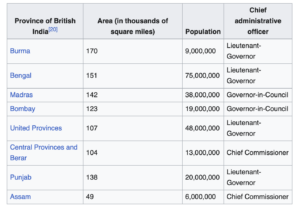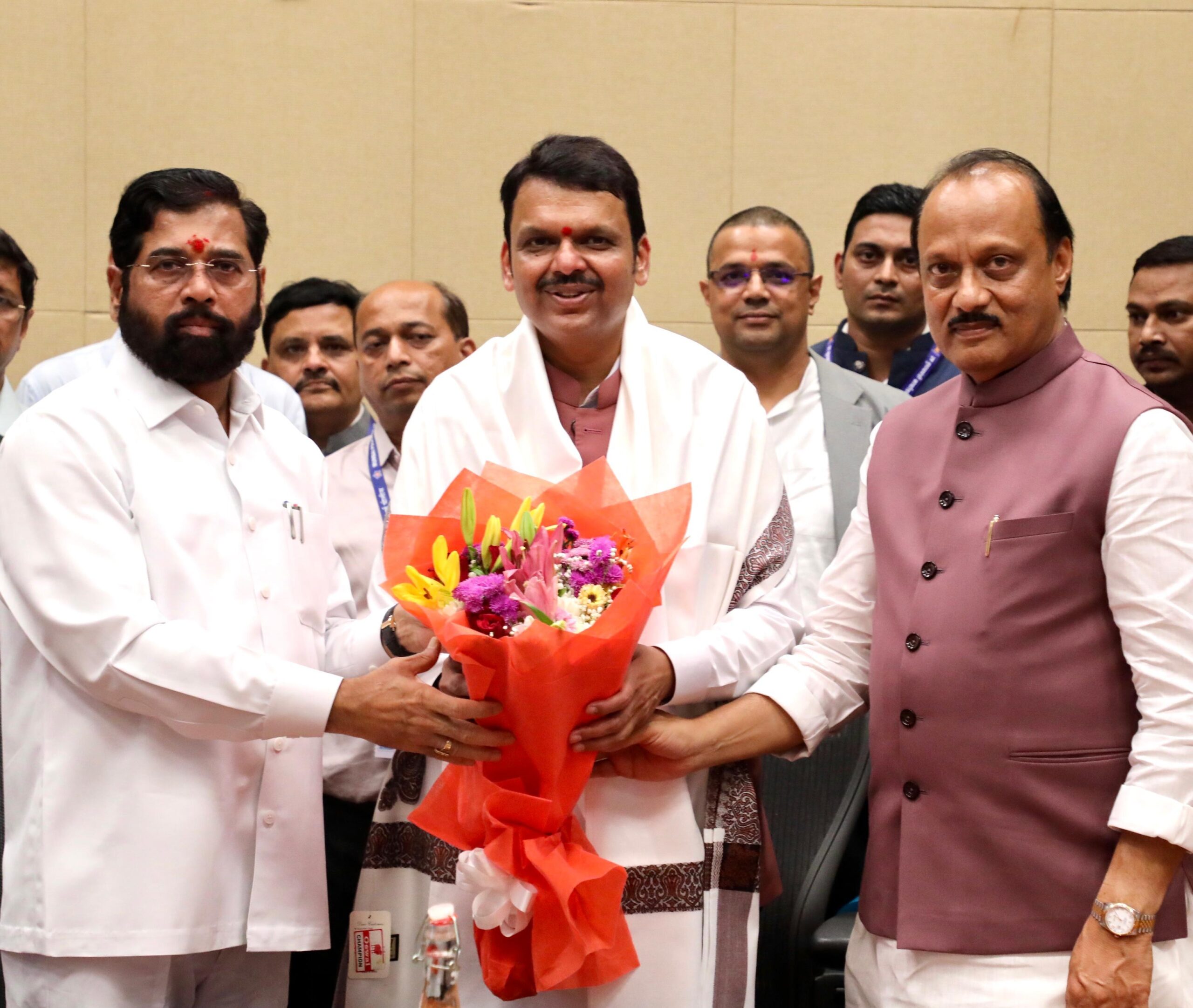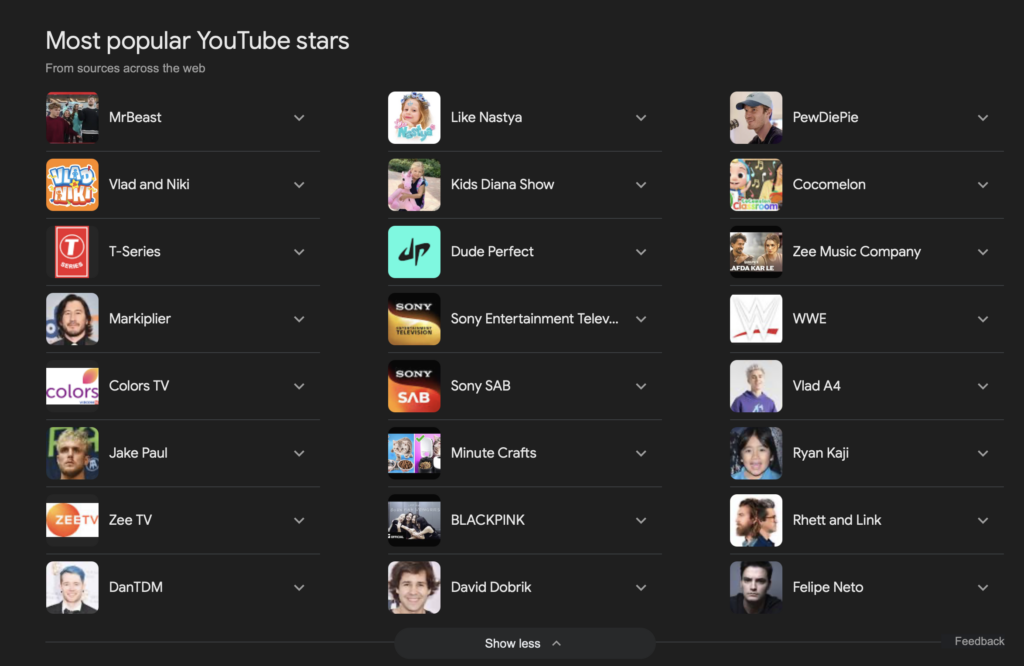
The World by Simon Sebag Montefiore is a huge and wonderful book. I listen to the audiobook on long drives and it is a LOT of fun. chock full of interesting anecdotes and touching on everything from ancient Egypt to the Kennedys. There is no obvious grand plan or theory, just lots of facts and the author’s cheery interjections. I think it works very well for someone who drives a lot and is interested in history and wants to jump in at random points and listen to fun stories and interesting facts. It was so much fun that I got it on kindle as well and now read random pieces at lunch.. the book does presume some background knowledge and the more you know about the particular time period, the more fun the book is. There is no attempt at finding some sort of grand theory behind history (here it is taken for granted that it is one damn thing after another, though you could say his world weary and somewhat cynical amusement is itself a theory of life and power). These are just stories, really interesting and fascinating ones. And yes, lots and lots of sex. Simon sahib does not stint on the sexual escapades of rulers and conquerors and clearly believes that the few powerful people who did NOT have dozens of partners are the abnormal ones; normal humans who get power, want sex. Usually a lot of it.
Well worth buying and keeping and digging in whenever you feel like it.






